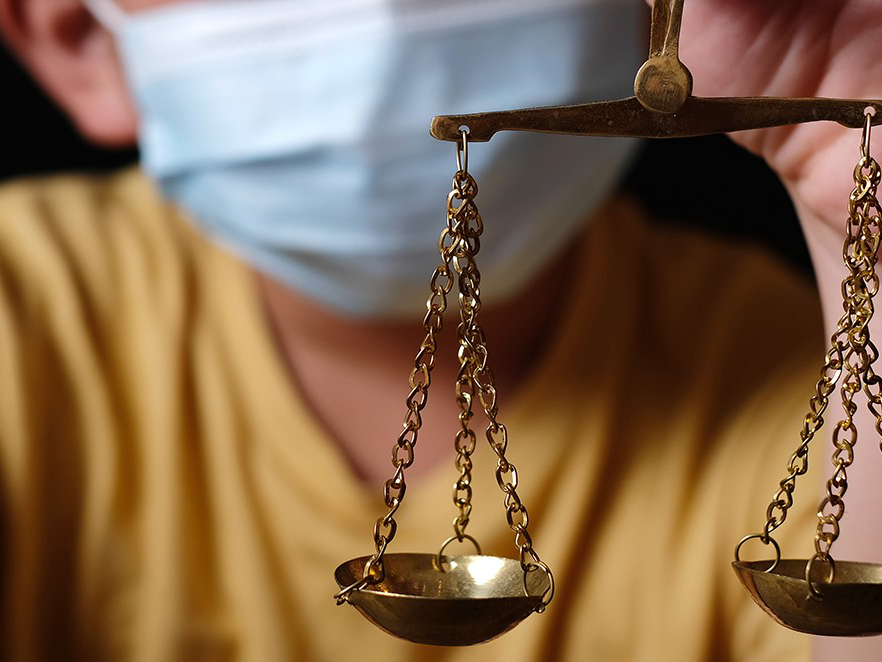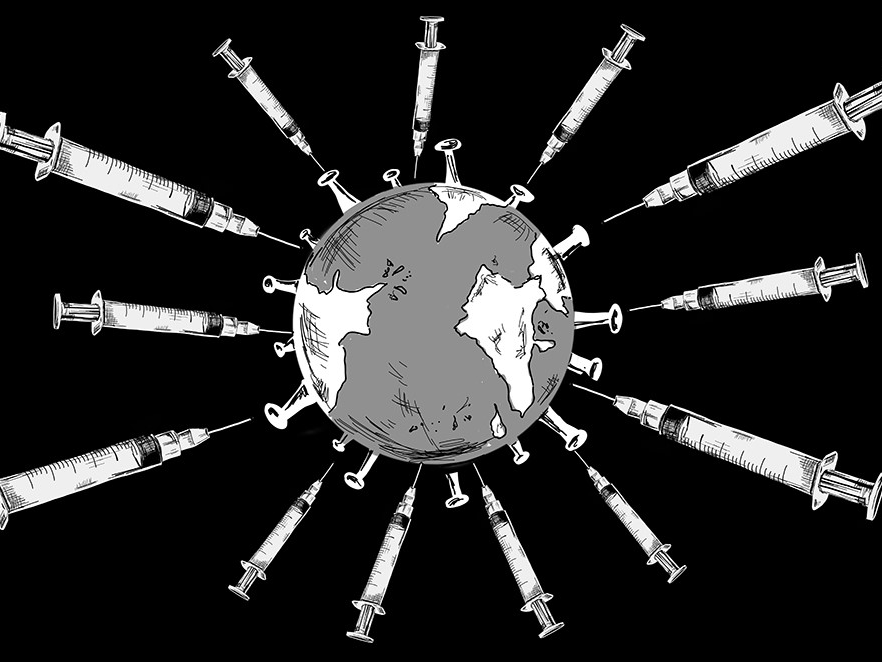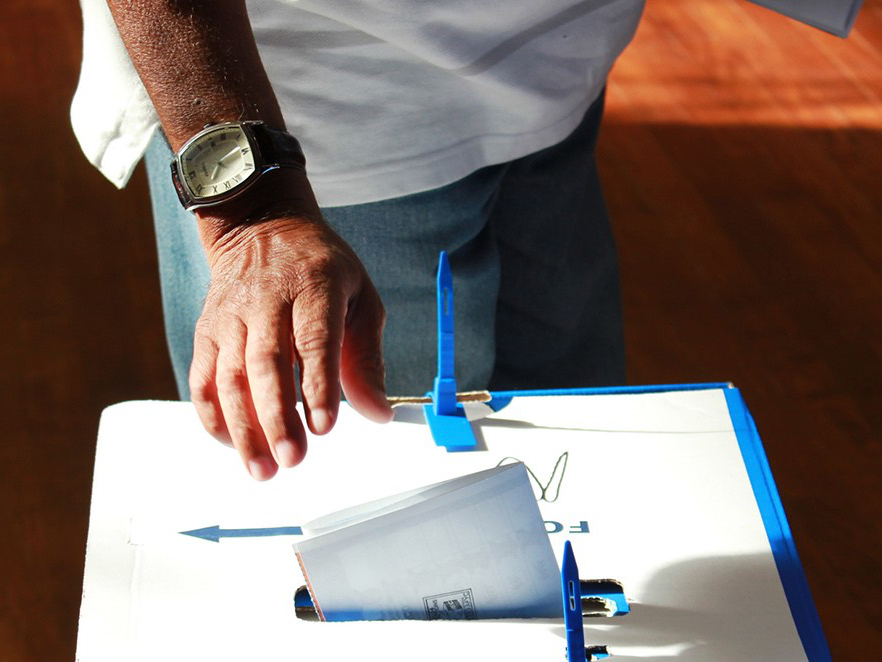The most famous of South Africans, Nelson Mandela, was a huge boxing fan.
The image of him in the boxing ring in his younger years is common place in any collage of Madiba photographs. In early 2020, the boxing analogy would have South Africa deep in the late stages of a bout, staggering on wobbly legs from a decade of blows from corruption, mismanagement and ideology outcomes that have put the economy, employment and the fiscus on a weak footing.
Then came the sucker punch of COVID-19.
Entering this pandemic, the South African economy has delivered close to1% GDP growth in recent years. Worrisome national unemployment levels of 28%, has been particularly concerning at the younger end of the workforce where the number is now over 50%. The antagonistic relationship between business and government had not recovered from the Zuma era.
Financial mismanagement of parastatal organisations and municipalities has hardly helped. Eskom, the state owned power utility has until now been considered the biggest financial risk to the country where Ramaphosa’s government seemed trapped between hard financial decisions including the need to reduce bloated staff costs and politically unpalatable layoffs.
Against this backdrop, there was a growing frustration at the perceived lack of action from President Ramaphosa in his leadership of South Africa. The consultative process of government and the question of how much power he has in his party have influenced these perceptions.
Then came COVID-19. Ramaphosa’s response has been lauded almost unanimously by market commentators, as the moment this president wholeheartedly unified a national response with tremendous personal leadership in the face of this crisis. He is seen to have acted swiftly and robustly, whilst appearing highly empathetic to the hardship that so much of South Africa now faces. After so many years of dire leadership in South Africa, it feels we now have a statesman in charge.
The Ramaphosa response has been to introduce one of the most severe lockdowns in the world, whilst delivering this decision with authentic, empathetic leadership. Before a fatality was incurred, a national disaster was declared and within 10 days, a three week national lockdown was announced.
This has been further extended by two weeks. During this time only food, healthcare, banking and security services have been deemed essential services. These vigilant early moves look to have had initial success in “flattening the curve”, and certainly three weeks in South Africa has not hit the exponential spread of the virus seen in countries with less dramatic lockdown regimes.
This has bought time for stretched and under resourced state healthcare services to ready themselves for the potentially dramatic strain on their resources, and to reach communities on much needed testing programs. The coming months, like the rest of the world, are fraught with uncertainty has to how far this virus will spread.
Tremendous concern remains on the vulnerable.
The high prevalence of HIV Aids and Tuberculosis in South Africa combined with constrained healthcare services, leaves a population vulnerable to the health impacts of the pandemic. The already high levels of unemployment, the number of poor people reliant on the informal sector for day to day economic survival, and now a further loss of formal incomes leaves a population vulnerable to dire economic impacts.
Suggested hand washing protocols hardly help people with limited exposure to running water. Combined, the concerns of social tension as lockdowns are extended presents a major risk that Ramaphosa must navigate in the decision path that lies ahead.
Whilst the healthcare impact is still in its infancy, the financial impact on the economy has been swift. A dramatic 30% currency in March, was followed by a Moody’s downgrade on the eve of the lockdown (all three major ratings agencies now have the country on “junk” status), and now at the time of writing, an economy at near standstill during lockdown.
The Actis portfolio across South Africa has understandably been heavily impacted. Interestingly, six of our eight Private Equity portfolio companies in South Africa have some or all of their operations deemed an essential service. However even in these businesses the practicality of running the business is challenged by consumers staying at home, regulatory restrictions, and supply chain challenges.
Our renewable power projects have been caught in regulatory uncertainty in the initial stages of lockdown but are now facing the challenge of Eskom announcing its plans to enforce force majeure clauses, to lessen its own financial impact of excess energy capacity during lockdown. Our single real estate investment is curtailing current new warehousing projects underway.
Through this remarkably challenging environment, there are some bright spots. New investment opportunities have emerged in Private Equity and Energy where fundamentally sound businesses or projects with robust prospects are seeking fresh capital or new owners.
At a national level, the unifying decisive government action and private sector support could just be trigger for a set of actions that lead to a brighter outlook once the COVID-19 era subsides. In South Africa this coming together for the communal good, is wrapped in the term Ubuntu. A profound need for national and global Ubuntu is what is needed in this uniquely challenged time.







